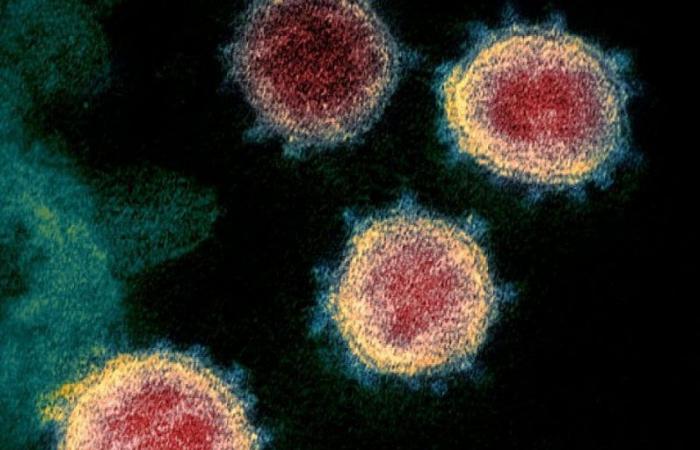While on the one hand Covid seems to have loosened its infectious grip, with numbers gradually decreasing, the after-effects of the virus continue to increase and the number of people experiencing Long Covid syndrome is growing: persistent symptoms such as “fatigue, chronic headaches , difficulty carrying out daily activities, but also cardiac and neurological problems, affect 45% of Italians (and Milanese) infected during one of the many waves”, recalls in a note the Milan Medical Association announces an initiative of training for white coats dedicated to this phenomenon which, once the pandemic in the strict sense has been archived, is now talked about less. But “the post-Covid syndrome determines a significant socio-health impact on the national health system”, he explains Roberto Carlo Rossi, president of the Milanese Order (OmceoMi). “If to some extent thanks to vaccines and better knowledge we have managed to counteract the effects of the ‘first’ Covid infection, today the challenge, if we want to call it that, is represented by the ability to better manage the effects of long-term Covid”.
According to the Higher Institute of Health, the data cited by the Milanese Order, in Italy between 2021 and 2022 there were 4,700 deaths linked to post-Covid, an underestimated number. “In the Milan area a proportion indicates an expected around 350 deaths.” Data, they explain from OmceoMi, “which recalls the need for greater awareness on the topic, both of local medicine and of the population”. With this objective, the asynchronous distance learning (Fad) ‘Epidemiology, clinic and management of Post Covid syndrome’ starts tomorrow, Thursday 20 June, on the OmceoMi platform.
The course has “a dual objective, declare the scientific managers and advisors of OmceoMi, Maria Grazia Manfredi and Massimo Parise. On the one hand, to provide (in)formation on the post-Covid syndrome, framed in a clinical context (epidemiological data, possible manifestations and sequelae, therefore the management of the condition in all its various implications aimed at the right patient, adult or child); on the other, to offer clinicians, specialists and local medicine indications that can help standardize and standardize an approach to the patient by providing an effective treatment “.






